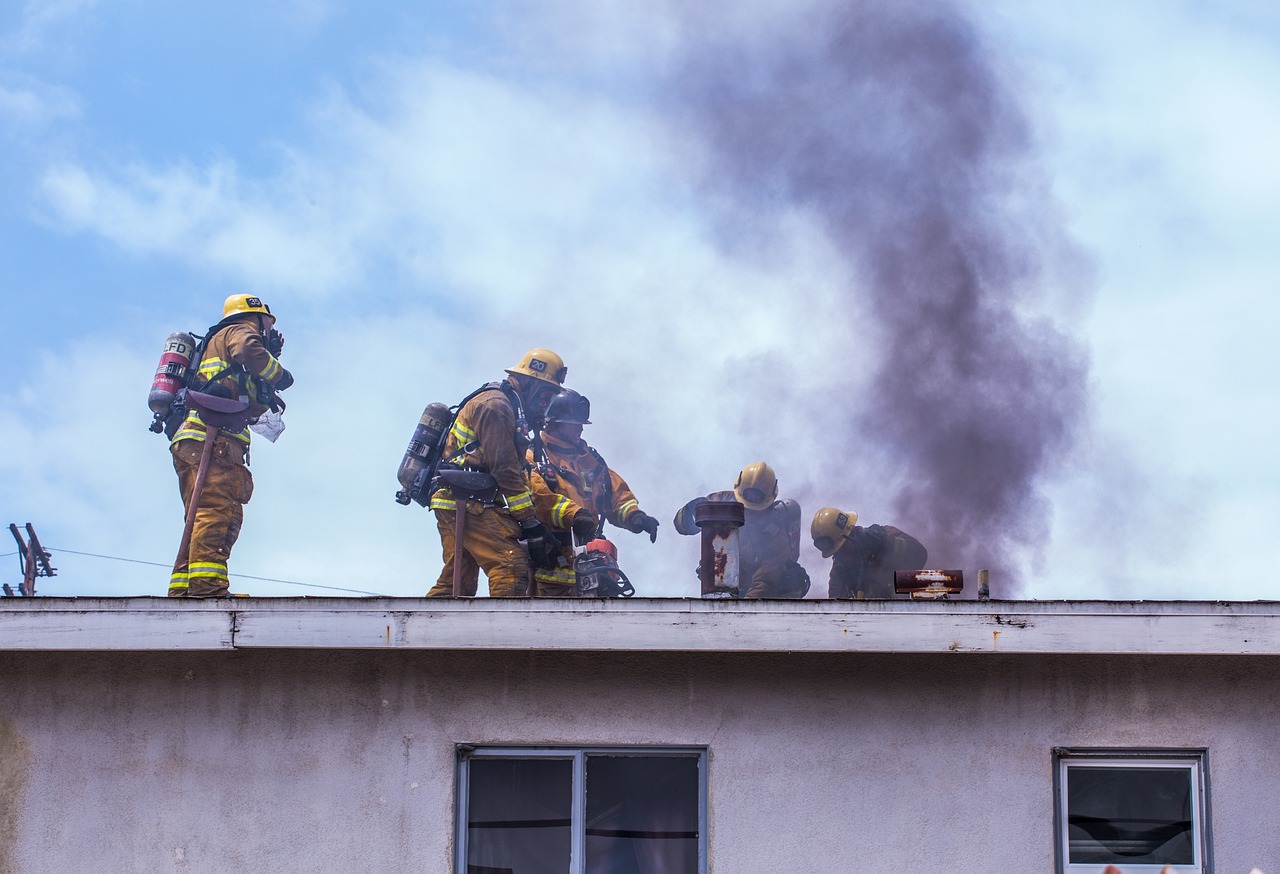Sorting out your insurance policy for a rental property isn’t as complicated as you might fear that it will be This kind of coverage is vital for looking after your investment and making sure that you don’t need to worry about what unexpected problems might occur, but what are some of the optional types of insurance that you might like to understand more fully?
Contents
Ordinance or Law: ABC Coverage
Insurance policies typically cover you on a new-for-old basis, which means that a damaged item is replaced with a new, equivalent product. This is ideal in most situations but there are some cases in which a landlord might find that this isn’t enough for them, and this is where ordinance or law coverage comes in useful.
With this optional extra, you’re protected in the case that your property is damaged but a new local building code means that you need to upgrade an item rather than simply replace it. This can be extremely useful for items like plumbing and electrical installations, as they are among the areas most frequently updated in building regulations.
Vandalism Damage
Vandalism is where someone deliberately damages your property and it can come in forms such as spraying graffiti all over the house or smashing the windows and so on. Not all standard landlord’s insurance coverage includes this risk, so it’s a good idea to check if it’s covered and, if so, what the limit is and whether there’s a sizeable deductible.
If the standard policy doesn’t include vandalism you can either shop around for a different type of coverage or ask whether it can be added as an optional extra. The good news is that property crimes including vandalism have been decreasing in the US in recent years, but they still account for billions of dollars of damage each year and can cause landlords a major headache.
Unoccupied Properties
There may be cases in which your rental property is left empty for a spell. For example, this commonly happens when a tenant leaves unexpectedly or when the rental market is slow and finding someone new to enter the property is proving to be difficult. With a nationwide vacancy rate of over 11%, it’s the kind of problem that the majority of landlords are likely to come across at one point or another.
When a rental property is unoccupied, the insurance company needs to know about it. If it gets damaged while no one is living there, you’re possibly going to struggle to get the insurance company to cover the claim if you didn’t let them know that it was unoccupied. So, if a tenant leaves and no one else movies in right away you should check whether you need to add optional coverage for it being unoccupied or if it’s automatically included.
HVAC Loss Reimbursement Coverage
If your HVAC (heating, ventilation, air conditioning) systems break down then this can be a disaster for you and your tenant. Depending upon where the property is located and what time of year it is, the place could get uncomfortably hot or cold, especially if a high level of demand means that the contractor might take a few days to get there to fix it.
This is where the HVAC reimbursement coverage is incredibly useful. As the landlord, you might need to pay the tenant for the inconvenience in this situation, leaving you out of pocket for something that’s not under your control. The additional protection offered by the HVAC clause comes into play at this stage, so you might consider it worth looking into for a property that’s located in a city with extreme weather conditions or with a high level of demand for heating or air conditioning contractors.
Flood and Earthquake
Landlords’ property insurance policies cover similar risks to a standard policy, but there are some additional situations where it might not give you the comprehensive level of protection you’re looking for. A couple of good examples here are flood and earthquake damage, which may be included in some policies but not in others. This is one of the reasons why you need to check the policy coverage before going ahead.
If you see that flood and earthquake damage isn’t included as standard, you can ask whether it’s possible to add them as extras. Flooding is a risk anywhere, but places like Los Angeles and Philadelphia are on this list of the American cities most prone to flooding, so you may be particularly keen to get flood cover here. In the same way, cities including Los Angeles and San Francisco are among the places where earthquakes are most likely to happen.
By considering what you think are the biggest risks to your property, you can decide whether to look into one or more of these optional extras for added peace of mind.
The Daily Buzz combines the pursuit of interesting and intriguing facts with the innate human desire to rank and list things. From stereotypical cat pictures to crazy facts about the universe, every thing is designed to help you kill time in the most efficient manner, all while giving you something to either laugh at or think about!
